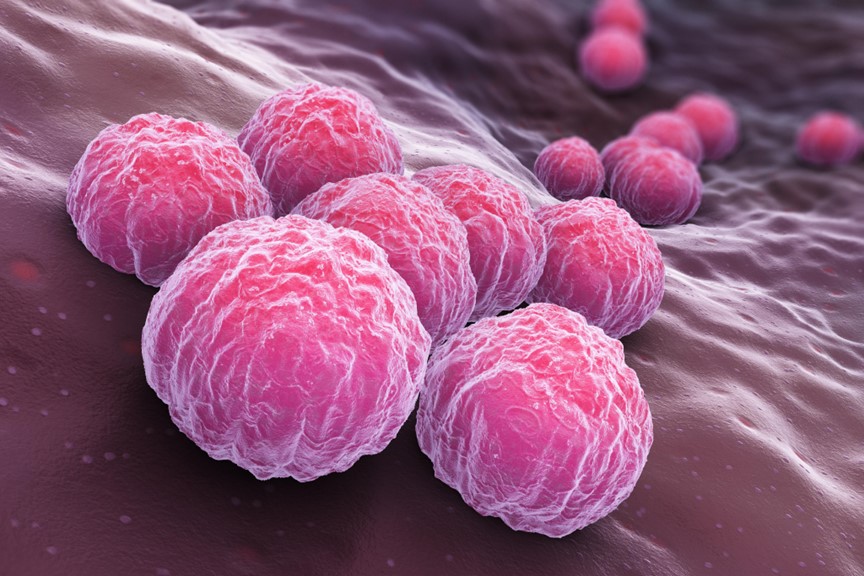Complications of Chlamydia
Chlamydia trachomatis can be associated with:
- Pelvic inflammatory disease (PID). PID is an infection of the uterus and fallopian tubes that causes pelvic pain and fever. Severe infections might require hospitalization for intravenous antibiotics. PID can damage the fallopian tubes, ovaries, and uterus, including the cervix.
- Infection near the testicles (epididymitis). A chlamydia infection can inflame the coiled tube located beside each testicle (epididymis). The infection can result in fever, scrotal pain, and swelling.
- Prostate gland infection. Rarely, the chlamydia organism can spread to the prostate gland. Prostatitis can cause pain during or after sex, fever and chills, painful urination, and lower back pain.
- Infections in newborns. The chlamydia infection can pass from the vaginal canal to your child during delivery, causing pneumonia or a serious eye infection.
- Ectopic pregnancy. This occurs when a fertilized egg implants and grows outside of the uterus, usually in a fallopian tube. The pregnancy needs to be removed to prevent life-threatening complications, such as a burst tube. Chlamydia infection increases this risk.
- Infertility. Chlamydia infections — even those that produce no signs or symptoms — can cause scarring and obstruction in the fallopian tubes, which might make women infertile.
- Reactive arthritis. People who have Chlamydia trachomatis are at higher risk of developing reactive arthritis, also known as Reiter syndrome. This condition typically affects the joints, eyes, and urethra — the tube that carries urine from your bladder to the outside of your body.
Prevention of Chlamydia
The surest way to prevent chlamydia infection is to abstain from sexual activities. Short of that, you can:
- Use condoms. Use a male latex condom or a female polyurethane condom during each sexual contact. Condoms used properly during every sexual encounter reduce but don’t eliminate the risk of infection.
- Limit your number of sex partners. Having multiple sex partners puts you at a high risk of contracting chlamydia and other sexually transmitted infections.
- Get regular screenings. If you’re sexually active, particularly if you have multiple partners, talk with your doctor about how often you should be screened for chlamydia and other sexually transmitted infections.
- Avoid douching. Douching decreases the number of good bacteria in the vagina, which can increase the risk of infection.



